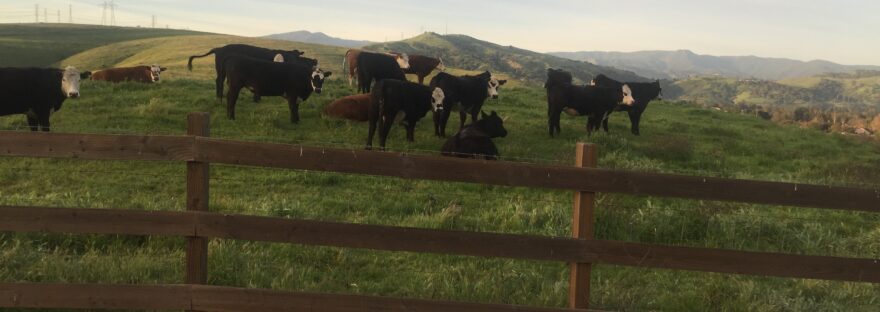Plant-based nutrition or plant-based diet is a phrase that has been generating a ton of buzz for the past couple of years. But what does it mean to say someone eats plant-based?
There are quite a few variations of eating a plant-based diet. Let me start by saying the word diet is not used in the common way of meaning “restricting calories to lose weight.” When I say “diet” in this context, it is merely to serve as an identifier for a way of eating. When you really think about it, everyone is on some sort of “diet” because everyone eats. Some plant-based diets that you’re probably already familiar with include vegetarian or vegan. But even within these names there are nuances that make them different. Saying that you’re eating plant-based doesn’t necessarily mean that you never eat meat or fish, either. Here’s a quick way to find which category works for you:
| Type | Definition | Avoids | Adequacy of diet |
| Pesco-vegetarian | Eats mostly plants, also allows fish/seafood, eggs, dairy | All land animals including cows, fowl, etc | Complete adequacy with minimal meal planning required |
| Lacto-ovo vegetarian | Eats mostly plants, allows dairy and eggs | All land animals, animal biproducts (gelatin, collagen), fish and seafood | Complete adequacy with some meal planning required |
| Ovo-vegetarian | Eats mostly plants, allows eggs | All land animals, dairy products, animal biproducts (gelatin, collagen), fish and seafood | Complete adequacy with some meal planning required |
| Lacto-vegetarian | Eats mostly plants, allows dairy | All land animals, eggs, animal biproducts (gelatin, collagen), fish and seafood | Complete adequacy with some meal planning required |
| Vegan | Eats mostly plants | All animal products or products made by animals (ex: honey), avoids biproducts from animal products (ex: whey or casein in protein powders) | Requires meal planning to ensure full adequacy. May also require supplementation of specific vitamins/minerals due to inadequacy in diet |
| Fruitarian (subset of veganism) | Eats exclusively or mostly fruit, usually raw. Some include nuts/seeds or may include only fruit that has fallen from plant | All animal products. Depending on individual, may also avoid nuts/seeds. Usually avoids grains | Inadequate for all age groups and unsuitable for children due to dangerous deficiencies resulting from long term adherence and growth/development risk for children |
| Flexitarian | Emphasis on eating mostly plants, allows occasional meat and/or fish | Limits intake of meat/fish but doesn’t restrict any specific animal products or byproducts | Complete adequacy with minimal meal planning required |
You can see that the context of being plant-based can mean whatever you want it to. The big picture of eating plant-based means that the majority of the food that you consume is in it’s whole state with minimal processing. Another way to think about it is that if you choose to remain flexitarian but also want to be more plant-based, add more vegetables to that dinner plate and make your meat portion smaller. It doesn’t have to be a complicated process! Whether that means you’re flexitarian or vegan, the health and environmental benefits of eating more plants and less meat are well established.
Stay tuned for more information on how to start a plant-based diet and some of the benefits you have to look forward to.


2 thoughts on “What do you mean you eat a plant-based diet?”